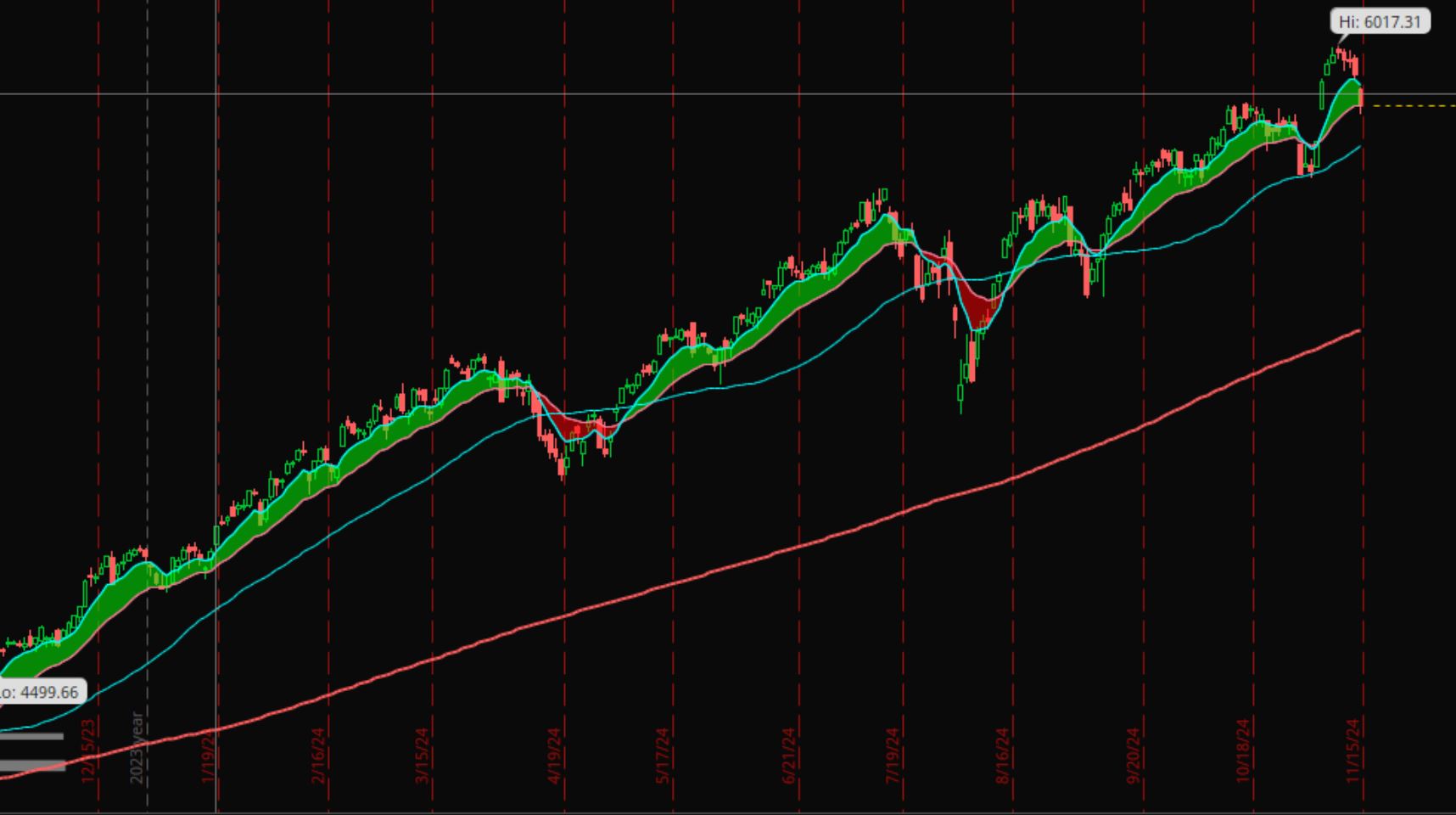You’ve learned how to find great businesses, assess their value, and build a diversified portfolio.
Now it’s time to face your toughest opponent.
It’s not inflation.
It’s not interest rates.
It’s not even a bear market.
It’s you — your emotions, instincts, and behavior.
💭 Did You Know Success in Investing Is 80% Psychology?
It’s a common belief among top investors that winning in the market is 80% mindset and only 20% skill.
You can learn how to value a company or read a balance sheet. But if you panic when markets drop, or get greedy when stocks soar — that knowledge won’t save you.
As hedge fund manager Paul Tudor Jones once said:
“The secret to being successful from a trading perspective… is the ability to control your emotions.”
So before you go deeper into stock picking or valuation models, ask yourself:
Can I stay rational when others are emotional?
This lesson is all about building that inner edge — the one that separates long-term winners from everyone else.
🔄 Why Psychology Matters More Than You Think
Most investors know what to do.
Buy quality.
Hold long term.
Ignore the noise.
But when prices drop, headlines scream, or your account turns red — it’s easy to forget everything you’ve learned.
Investing psychology is the bridge between knowledge and behavior.
😱 Common Psychological Traps (And How to Avoid Them)
Here are the most common mindset mistakes investors make — and how to beat them.
1. Fear of Missing Out (FOMO)
“Everyone’s making money on this stock. I should jump in too.”
Chasing hot stocks rarely ends well. By the time a stock goes viral, the best returns are often behind it.
✅ Stick to your process. Let fundamentals — not hype — guide your decisions.
2. Loss Aversion
“I can’t sell this. I’m already down 40%.”
We feel losses twice as strongly as gains. That emotional pain leads us to hold onto losers — even when better opportunities exist.
✅ Ask yourself: If I didn’t own this today, would I still buy it?
3. Overconfidence
“I’m pretty sure I know where the market is headed.”
Even the pros can’t consistently predict the market. Confidence is good — overconfidence is dangerous.
✅ Stay humble. Trust your preparation, not your predictions.
4. Recency Bias
“This stock has been going up for months. It’s unstoppable.”
We tend to assume that the recent past will continue. But trends always change — and often without warning.
✅ Zoom out. Focus on multi-year performance, not short-term noise.
5. Confirmation Bias
“This article agrees with me. I’ll ignore the rest.”
We seek information that confirms what we already believe — and ignore anything that challenges us.
✅ Challenge your own thesis. Ask: What would change my mind about this stock?
🔐 Your Greatest Edge: Emotional Control
Most investors don’t fail because of bad analysis.
They fail because they panic, get greedy, or quit too early.
The real edge isn’t a secret formula — it’s your ability to stay rational when others are emotional.
🧘♂️ Strengthen Your Investing Mindset
Just like physical fitness, emotional discipline is something you can train. Start with these habits:
- 📓 Keep an investing journal – Write down why you bought something and revisit it during tough times.
- ✅ Use a checklist – It adds structure when emotions run high.
- 📉 Embrace volatility – View market swings as opportunity, not threat.
- 🔍 Review your process, not just results – A good decision can still have a bad short-term outcome.
💬 What Seasoned Investors Know
The best investors don’t just study markets — they study themselves.
Warren Buffett famously said:
“Be fearful when others are greedy, and greedy when others are fearful.”
What sounds clever is actually a challenge:
Can you stay calm when everyone else is losing their minds?
That’s the real test of an investor.
💡 Summary: Win the Inner Game
- Psychology drives results more than stock picking.
- Emotional mistakes hurt more than analytical ones.
- The calmest, most consistent investor usually wins over time.
- Build habits that protect your decision-making under pressure.
🔑 Final Takeaway
You are the greatest risk — and the greatest advantage — in your portfolio.
Master your mindset, and you’ll unlock consistency, patience, and clarity — the real ingredients for long-term wealth.












Leave a Reply